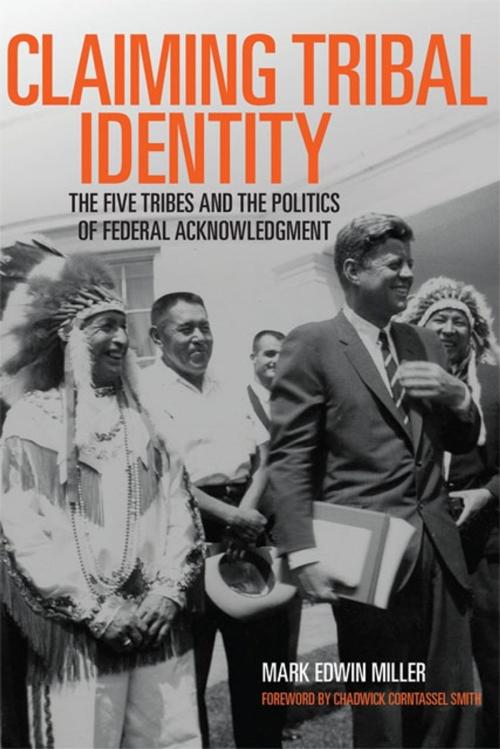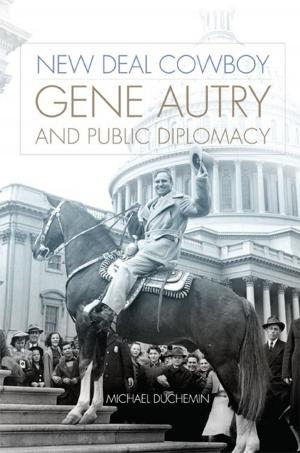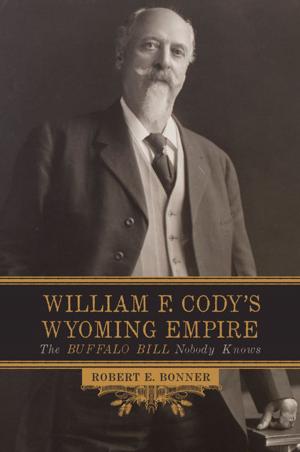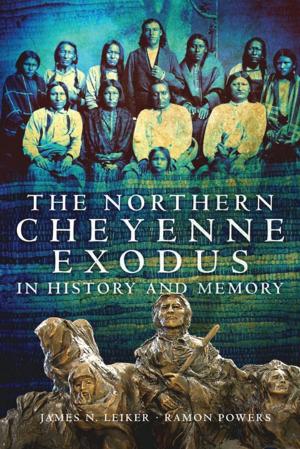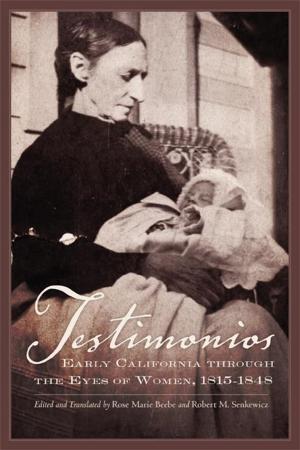Claiming Tribal Identity
The Five Tribes and the Politics of Federal Acknowledgment
Nonfiction, Social & Cultural Studies, Social Science, Cultural Studies, Native American Studies, History, Americas, Native American, Reference & Language, Law| Author: | Prof. Mark Edwin Miller, Ph.D. | ISBN: | 9780806150536 |
| Publisher: | University of Oklahoma Press | Publication: | August 16, 2013 |
| Imprint: | University of Oklahoma Press | Language: | English |
| Author: | Prof. Mark Edwin Miller, Ph.D. |
| ISBN: | 9780806150536 |
| Publisher: | University of Oklahoma Press |
| Publication: | August 16, 2013 |
| Imprint: | University of Oklahoma Press |
| Language: | English |
Who counts as an American Indian? Which groups qualify as Indian tribes? These questions have become increasingly complex in the past several decades, and federal legislation and the rise of tribal-owned casinos have raised the stakes in the ongoing debate. In this revealing study, historian Mark Edwin Miller describes how and why dozens of previously unrecognized tribal groups in the southeastern states have sought, and sometimes won, recognition, often to the dismay of the Five Tribes—the Cherokees, Chickasaws, Choctaws, Creeks, and Seminoles.
Miller explains how politics, economics, and such slippery issues as tribal and racial identity drive the conflicts between federally recognized tribal entities like the Cherokee Nation of Oklahoma, and other groups such as the Southeastern Cherokee Confederacy that also seek sovereignty. Battles over which groups can claim authentic Indian identity are fought both within the Bureau of Indian Affairs’ Federal Acknowledgment Process and in Atlanta, Montgomery, and other capitals where legislators grant state recognition to Indian-identifying enclaves without consulting federally recognized tribes with similar names.
Miller’s analysis recognizes the arguments on all sides—both the scholars and activists who see tribal affiliation as an individual choice, and the tribal governments that view unrecognized tribes as fraudulent. Groups such as the Lumbees, the Lower Muscogee Creeks, and the Mowa Choctaws, inspired by the civil rights movement and the War on Poverty, have evolved in surprising ways, as have traditional tribal governments.
Describing the significance of casino gambling, the leader of one unrecognized group said, “It’s no longer a matter of red; it’s a matter of green.” Either a positive or a negative development, depending on who is telling the story, the casinos’ economic impact has clouded what were previously issues purely of law, ethics, and justice. Drawing on both documents and personal interviews, Miller unravels the tangled politics of Indian identity and sovereignty. His lively, clearly argued book will be vital reading for tribal leaders, policy makers, and scholars.
Who counts as an American Indian? Which groups qualify as Indian tribes? These questions have become increasingly complex in the past several decades, and federal legislation and the rise of tribal-owned casinos have raised the stakes in the ongoing debate. In this revealing study, historian Mark Edwin Miller describes how and why dozens of previously unrecognized tribal groups in the southeastern states have sought, and sometimes won, recognition, often to the dismay of the Five Tribes—the Cherokees, Chickasaws, Choctaws, Creeks, and Seminoles.
Miller explains how politics, economics, and such slippery issues as tribal and racial identity drive the conflicts between federally recognized tribal entities like the Cherokee Nation of Oklahoma, and other groups such as the Southeastern Cherokee Confederacy that also seek sovereignty. Battles over which groups can claim authentic Indian identity are fought both within the Bureau of Indian Affairs’ Federal Acknowledgment Process and in Atlanta, Montgomery, and other capitals where legislators grant state recognition to Indian-identifying enclaves without consulting federally recognized tribes with similar names.
Miller’s analysis recognizes the arguments on all sides—both the scholars and activists who see tribal affiliation as an individual choice, and the tribal governments that view unrecognized tribes as fraudulent. Groups such as the Lumbees, the Lower Muscogee Creeks, and the Mowa Choctaws, inspired by the civil rights movement and the War on Poverty, have evolved in surprising ways, as have traditional tribal governments.
Describing the significance of casino gambling, the leader of one unrecognized group said, “It’s no longer a matter of red; it’s a matter of green.” Either a positive or a negative development, depending on who is telling the story, the casinos’ economic impact has clouded what were previously issues purely of law, ethics, and justice. Drawing on both documents and personal interviews, Miller unravels the tangled politics of Indian identity and sovereignty. His lively, clearly argued book will be vital reading for tribal leaders, policy makers, and scholars.
